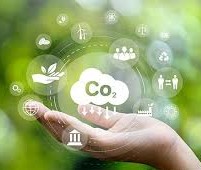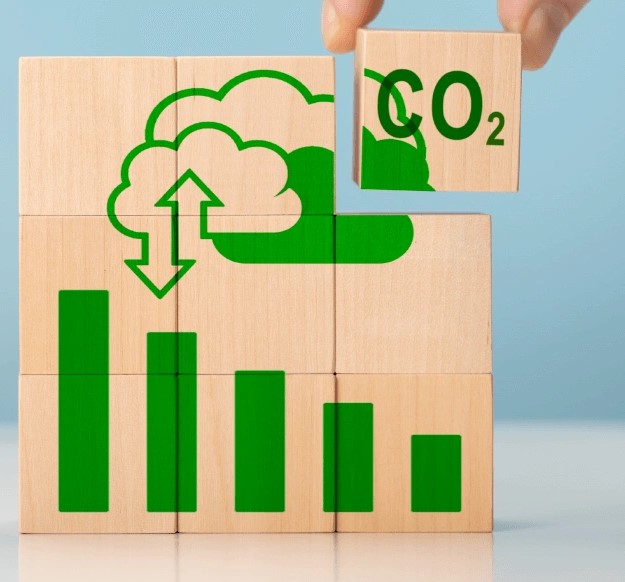The state government under the stewardship of Premier Datuk Patinggi Tan Sri (Dr) Abang Haji Abdul Rahman Zohari bin Tun Datuk Abang Haji Openg has undertaken various steps to pave the way for Sarawak to commence carbon trading.
Through the amendment of its Land Code and Forests Ordinance, Sarawak is the first state in Malaysia to enact legislation permitting carbon and nature venture businesses.
Carbon trading not only aligns with Sarawak’s Post COVID-19 Development Strategy (PCDS) 2030, but it is part of Premier Datuk Patinggi Tan Sri (Dr) Abang Haji Abdul Rahman Zohari’s efforts to generate more revenues for the state and approach to creating a green economy.
Sarawak has an immense potential for carbon storage, estimated at 30 trillion cubic meters in the seabed of its continental shelf.
Sarawak also has the potential to create carbon sinks from its permanent forest, promote carbon sequestration and undertake tree planting schemes for carbon credits.
The state government is exploring procedures to tax carbon producers. Premier said the move is in line with the action of the United Nations (UN) which has listed carbon as a commodity.
In August 2023, Premier together with the Sarawak delegation has made several trips overseas to learn and study more on the mechanisms and international protocols of carbon trading including procedures to tax carbon producers.

Following the trip to Norway, Premier and his delegates met with Shell’s top officials in London, United Kingdom to explore collaboration opportunities with oil and gas companies to study matters concerning the development of carbon capture and storage (CCS).
Earlier this year (2023), the state government issued a license for carbon trading to Petroleum Sarawak Berhad (PETROS).
This marked PETROS’s beginning in its strategic role as resource manager for Sarawak’s natural CCUS resources.
The license issued by the Sarawak Land and Survey Department (JTS) covers an area located in the North Luconia province, offshore Bintulu.
In the exploring CCS opportunities, PETROS has partnered with South Korea-based Posco Group for this.
PETROS is also working with Petroliam Nasional Berhad (PETRONAS) to establish a road map for a CCS ecosystem.
Indonesia is also keen to work with the state government considering Sarawak and Kalimantan are both located in the Borneo archipelago which offers substantial untapped potential in carbon trading due to their vast untouched forests.
The carbon trade came about in response to the Kyoto Protocol.
Adopted in Kyoto, Japan, in December 1997, the Kyoto Protocol called for 38 industrialized economies to reduce their greenhouse gas emissions between the years 2008 to 2012 to levels 5.2% lower than those of 1990.
Carbon is an element stored in fossil fuels such as coal and oil.
When these fuels are burned, carbon dioxide is released and acts as a greenhouse gas.
The idea behind carbon trading is quite similar to the trading of securities or commodities in a marketplace.
Carbon is given an economic value, allowing people, companies, or nations to trade it.
If a nation buys carbon, it is buying the right to burn it, and a nation selling carbon gives up its rights to burn it.
The value of the carbon is based on the ability of the country to store it or to prevent it from being released into the atmosphere.
- Carbon trade is the buying and selling of credits that permit a company or other entity to emit a certain amount of carbon dioxide.
- The value of the carbon is based on the ability of the country to store it or to prevent it from being released into the atmosphere.
- Debate over carbon trade is inevitable since it involves finding a compromise between profit, equality, and ecological concerns.
- A global carbon trading framework agreed upon at the 2021 Glasgow Climate Change Summit has set rules for a unified carbon trading market.






